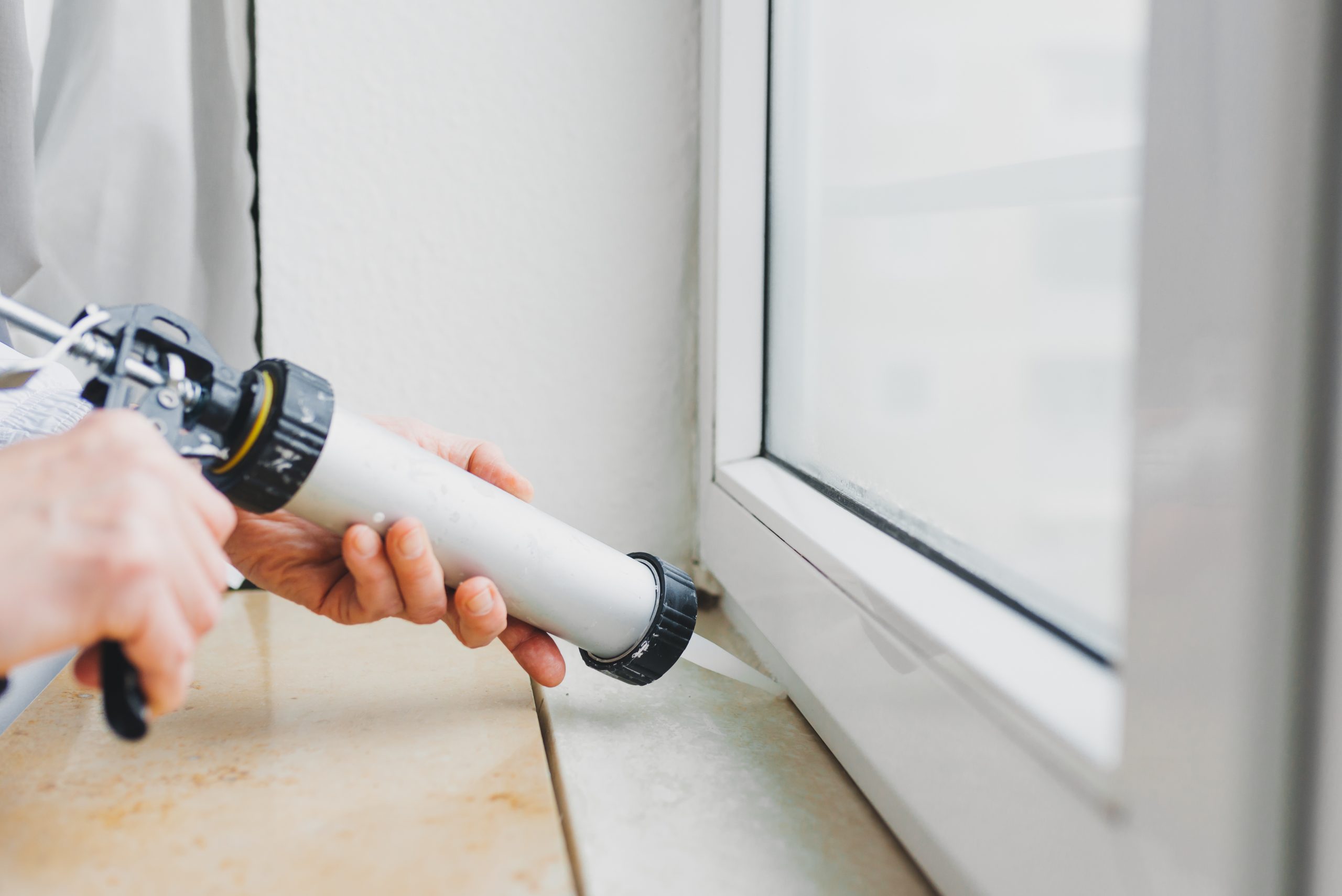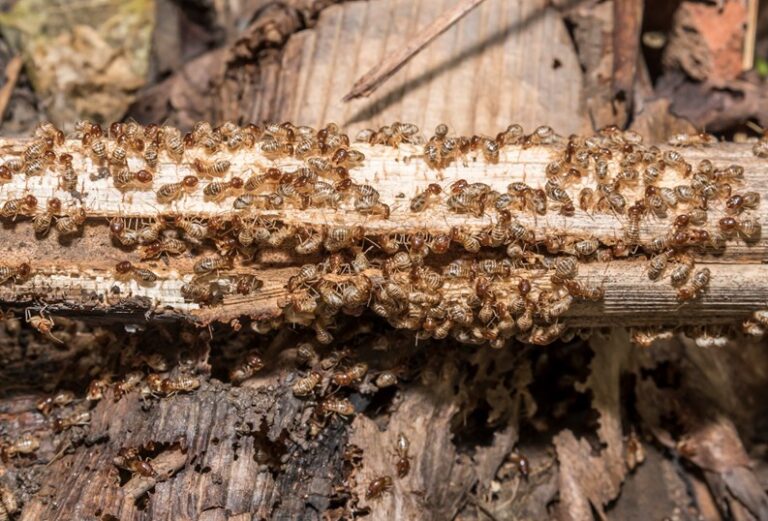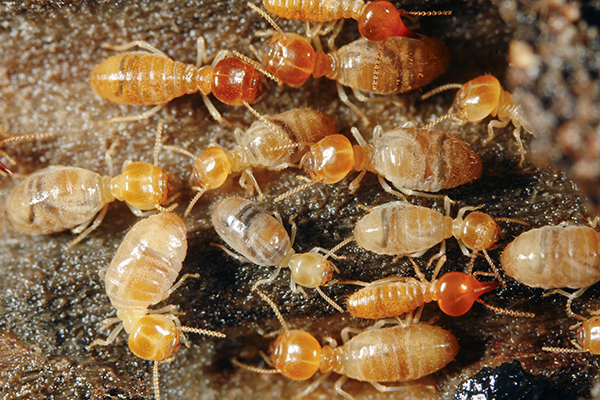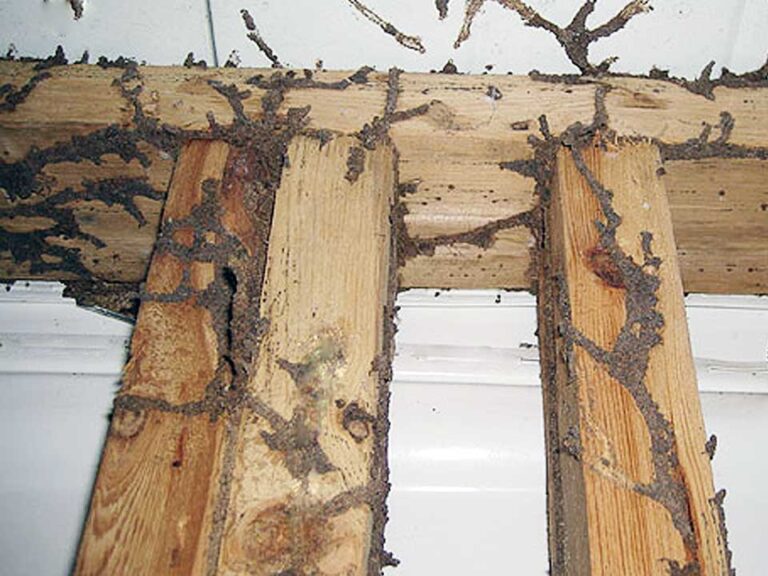A well-stocked pantry is a household essential, providing convenience and access to a variety of foods. However, an uninvited guest can quickly turn this culinary haven into a pest-infested nightmare. Stored foods attract pests like ants, beetles, rodents, and even pantry moths, posing health risks and causing food waste. To protect your pantry and the food you’ve invested in, it’s crucial to implement effective pest-proofing measures. One is going with the Pest Control Perth experts. In this blog, we’ll explore practical tips to help you keep your stored foods safe from pests.
1. Clean and Organize:
- Regular Cleaning: Regularly clean your pantry shelves, wiping away crumbs, spills, and food residue. A clean pantry is less appealing to pests.
- Expiration Dates: Discard expired foods promptly. Pests are more likely to infest old, forgotten items. Regularly check labels and rotate foods to ensure freshness.
- Organization: Keep your pantry well-organized, placing items in airtight containers and grouping similar items together. Use clear containers to easily identify contents and spot any signs of pests.
2. Use Airtight Containers:
- Sealed Storage: Transfer opened food packages into airtight containers. Plastic, glass, or metal containers with tight-fitting lids help prevent pests from accessing your stored foods.
- Pet Food Storage: Keep pet food in sealed containers as well. Pests are attracted to the scent of pet food and can easily chew through bags.
3. Monitor and Inspect:
- Regular Checkups: Routinely inspect your pantry for signs of pest activity. Look for droppings, chewed packaging, or small holes that might indicate the presence of pests.
- Check Produce: If you store fresh produce in your pantry, regularly inspect it for any signs of decay or overripeness. Pests are drawn to ripe fruits and vegetables.
4. Proper Food Placement:
- Elevate Foods: Store foods off the ground to minimize the risk of pests accessing them. Keep items on shelves or in storage units that are elevated and well-maintained.
- Wall Gaps: Ensure that pantry shelves are installed correctly and don’t leave gaps between the shelf and the wall. Pests can enter through these openings.
5. Natural Deterrents:
- Bay Leaves: Placing dried bay leaves on shelves can help repel insects due to their strong fragrance.
- Essential Oils: Use essential oils like peppermint, lavender, or eucalyptus on cotton balls and place them in corners of your pantry. These scents can deter pests.
6. Proper Food Disposal:
- Trash Maintenance: Empty your trash can regularly and ensure that it has a tightly sealed lid. Proper trash disposal prevents attracting pests to your pantry area.
- Compost Smartly: If you compost, keep the compost bin away from your pantry. Food scraps can attract pests if not managed properly.
7. Pest-Proof the Entry Points:
- Seal Cracks and Gaps: Inspect your pantry area for any openings or cracks that pests can use to enter. Seal them using caulk or weather stripping.
- Screen Vents: If your pantry has ventilation, use fine mesh screens to prevent pests from entering through these openings.
8. Call the Professionals:
- Persistent Infestations: If you suspect or discover a pest infestation that you can’t handle on your own, don’t hesitate to call a professional pest control service. They have the expertise to effectively eliminate pests while ensuring your family’s safety.
Conclusion:
A well-maintained pantry is the heart of your kitchen, and protecting it from pests is essential to maintaining a healthy and safe home. By following these pest-proofing tips, you can safeguard your stored foods, prevent infestations, and enjoy the convenience of a clean and pest-free pantry. Remember, regular maintenance and vigilance are key to keeping your pantry a sanctuary for delicious meals and culinary creations.
Read More: Reasons Why You Need Timely Pest Control Service?
















